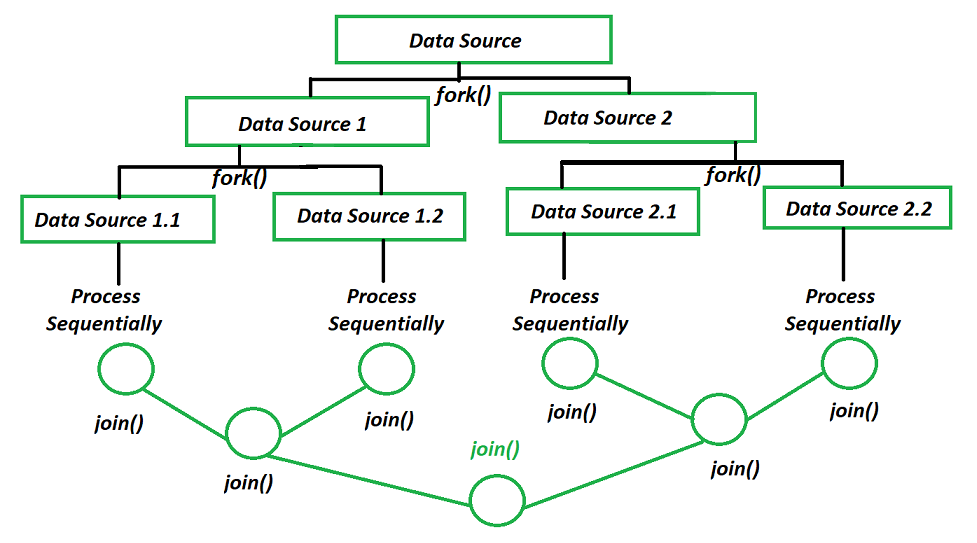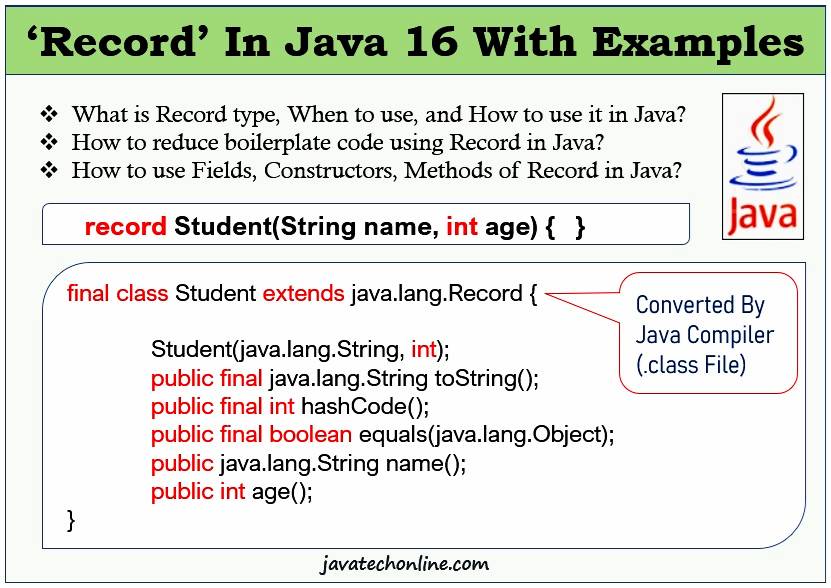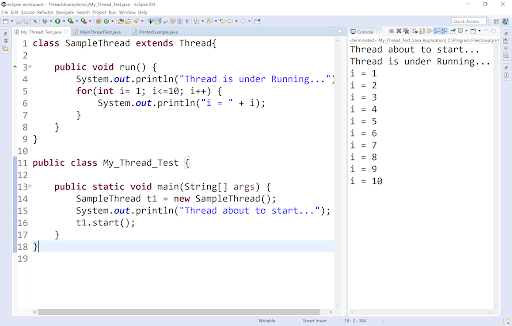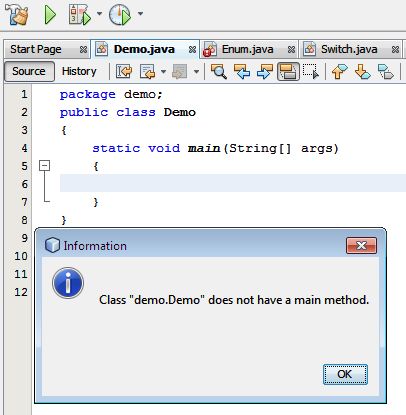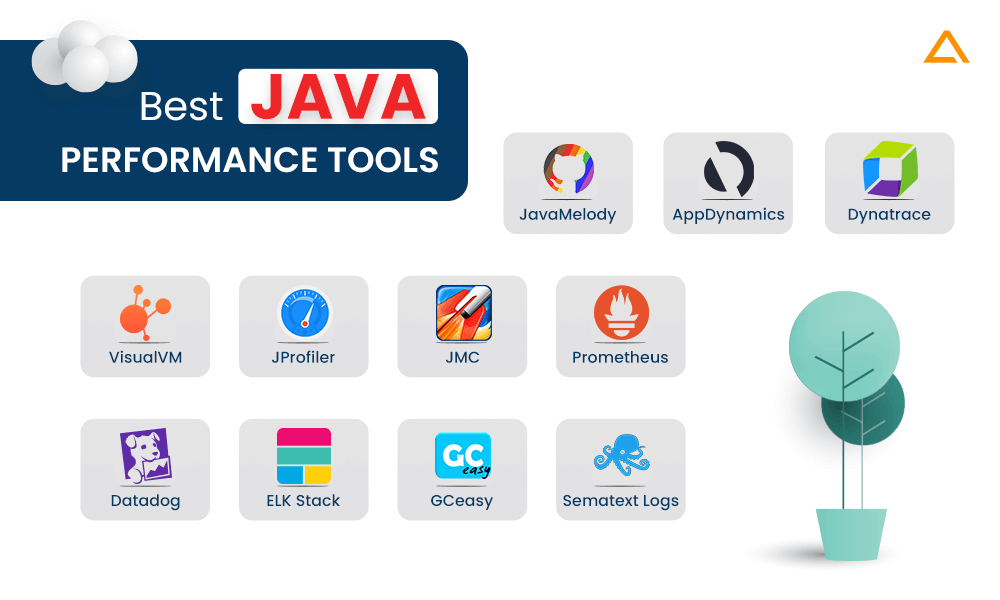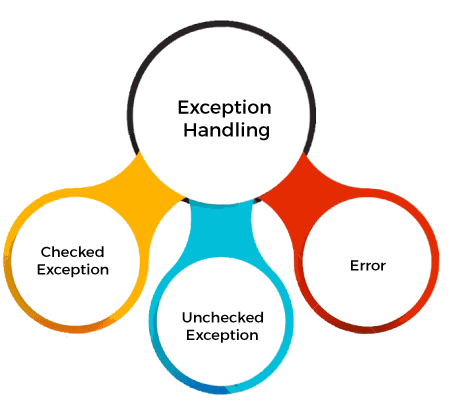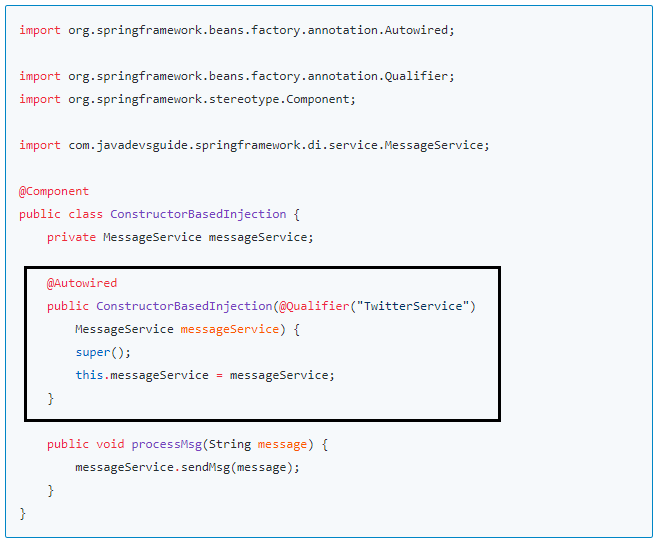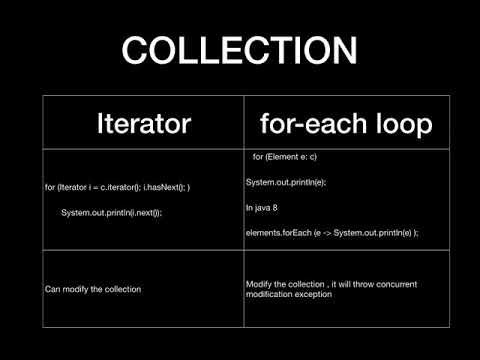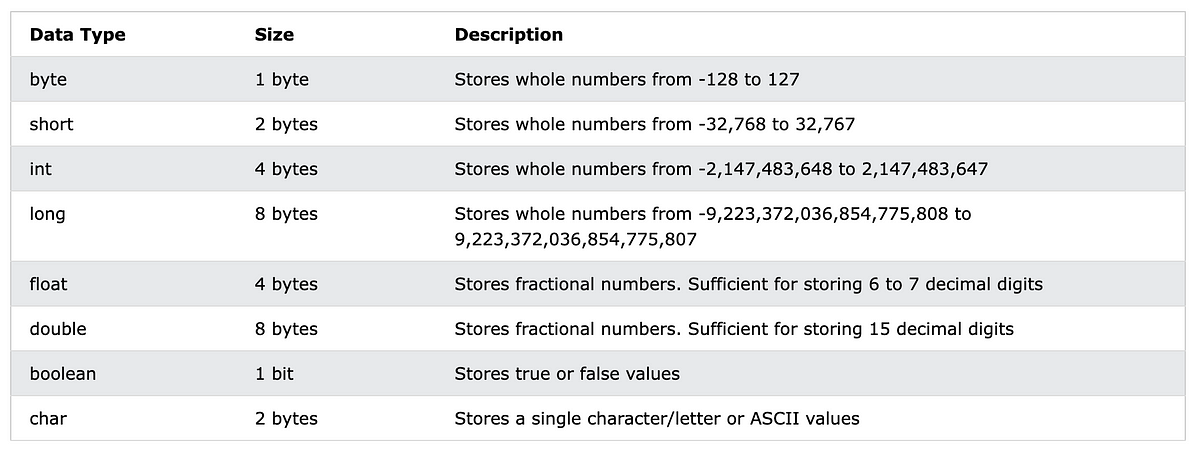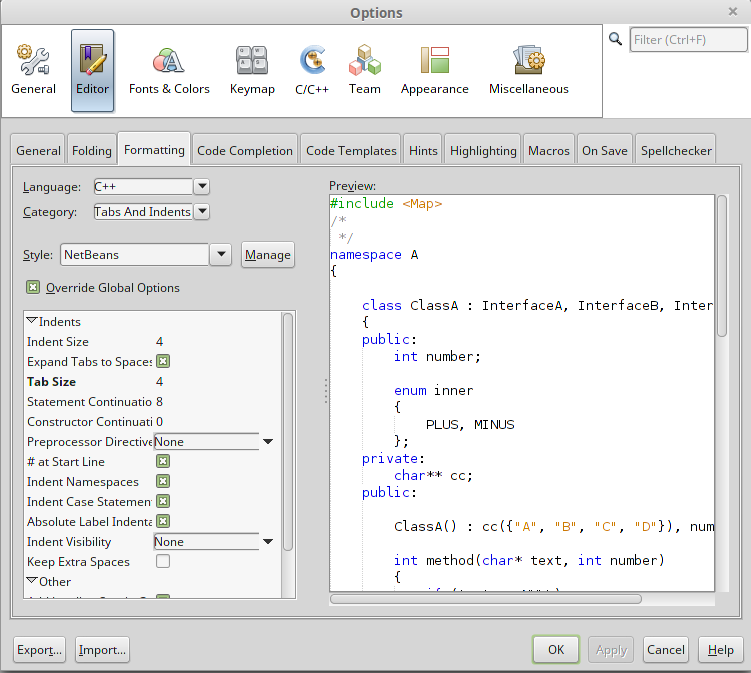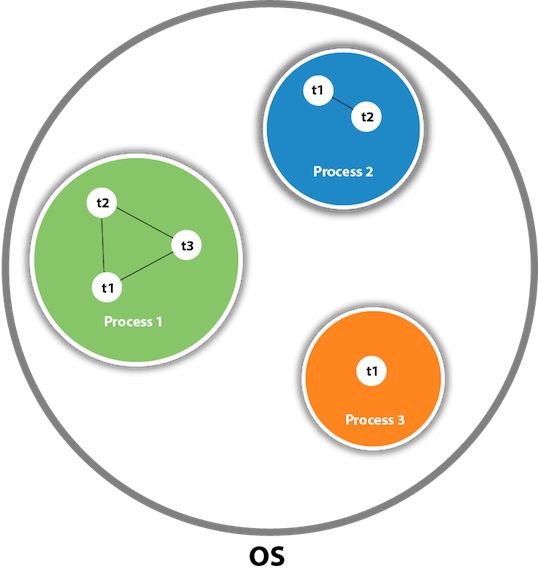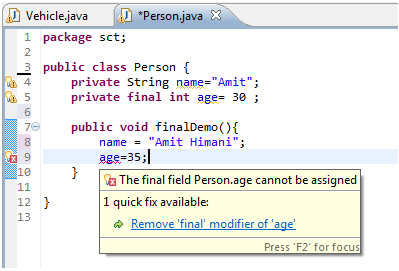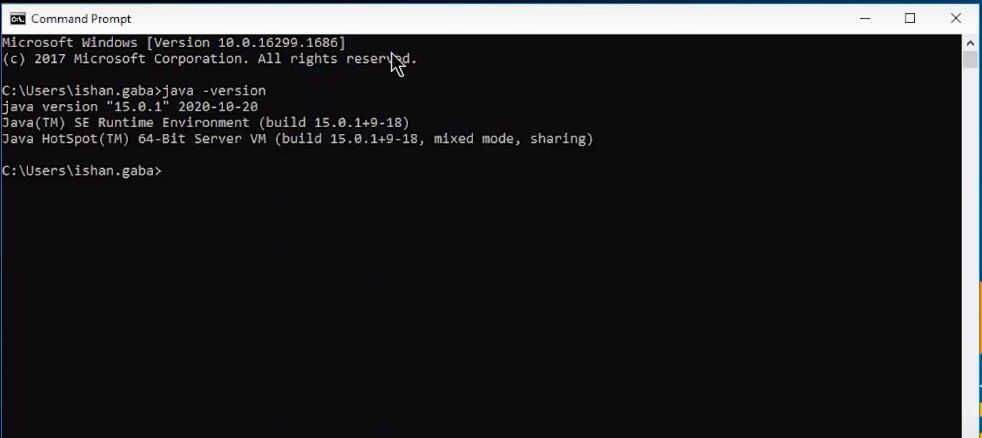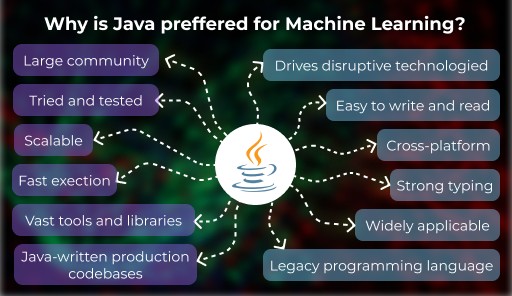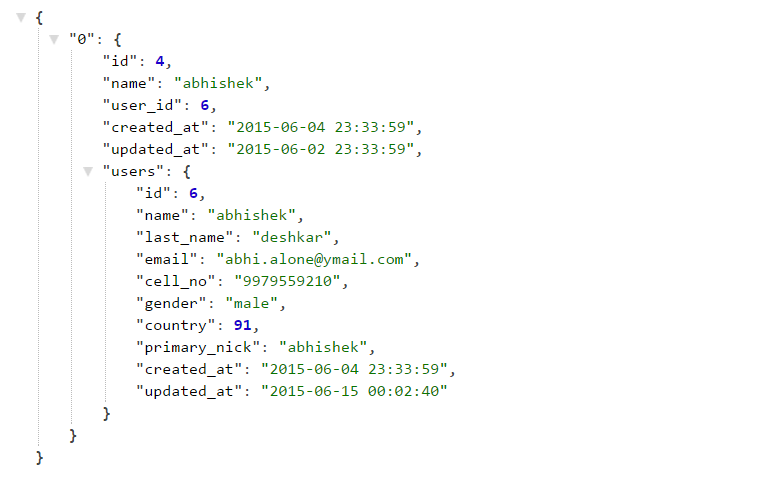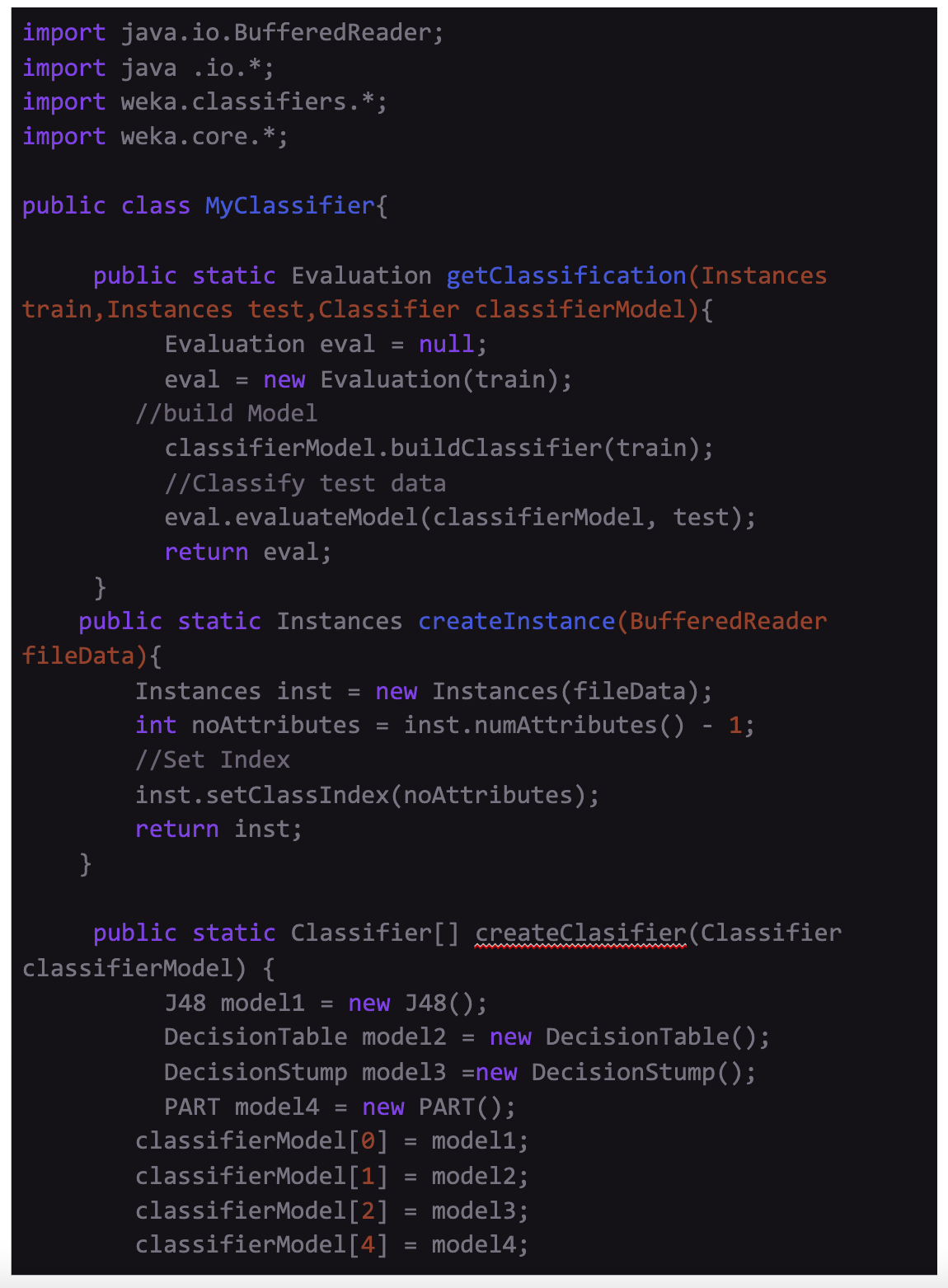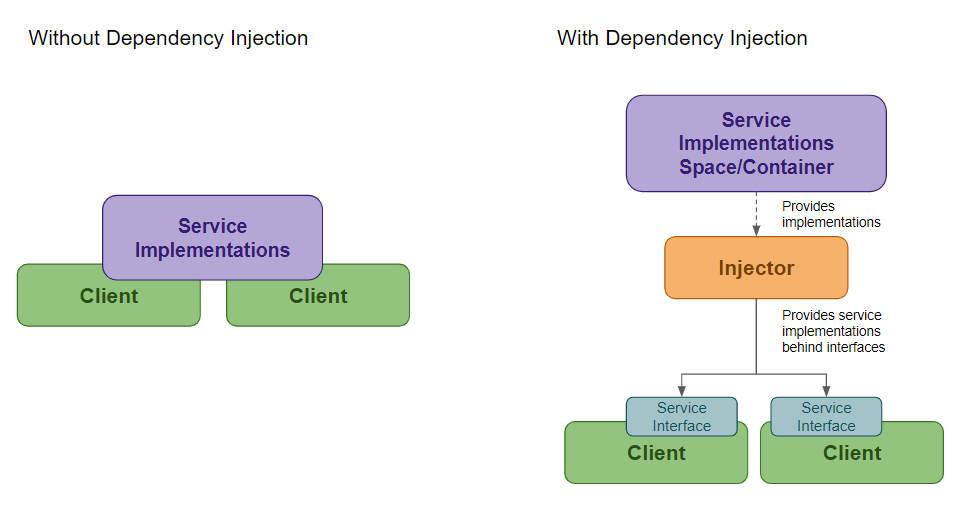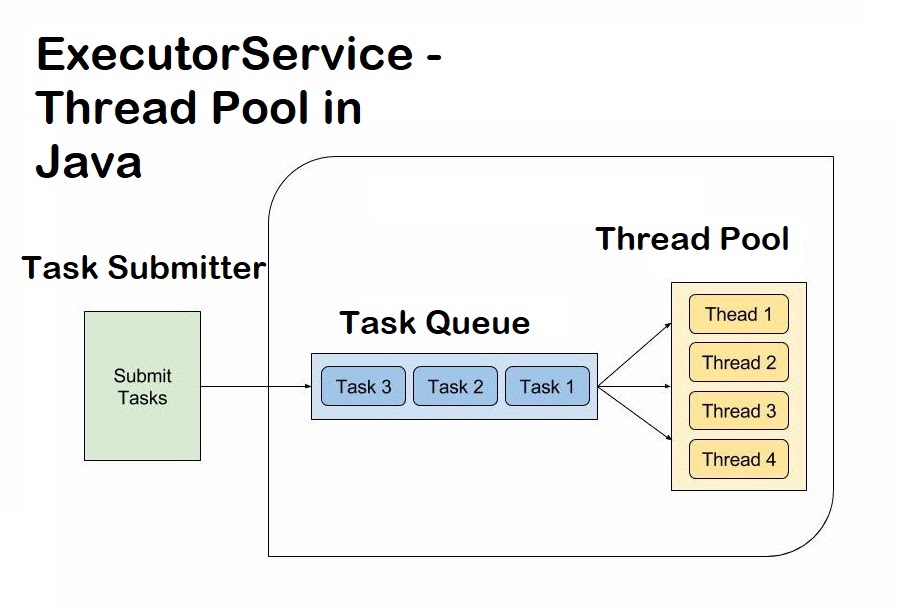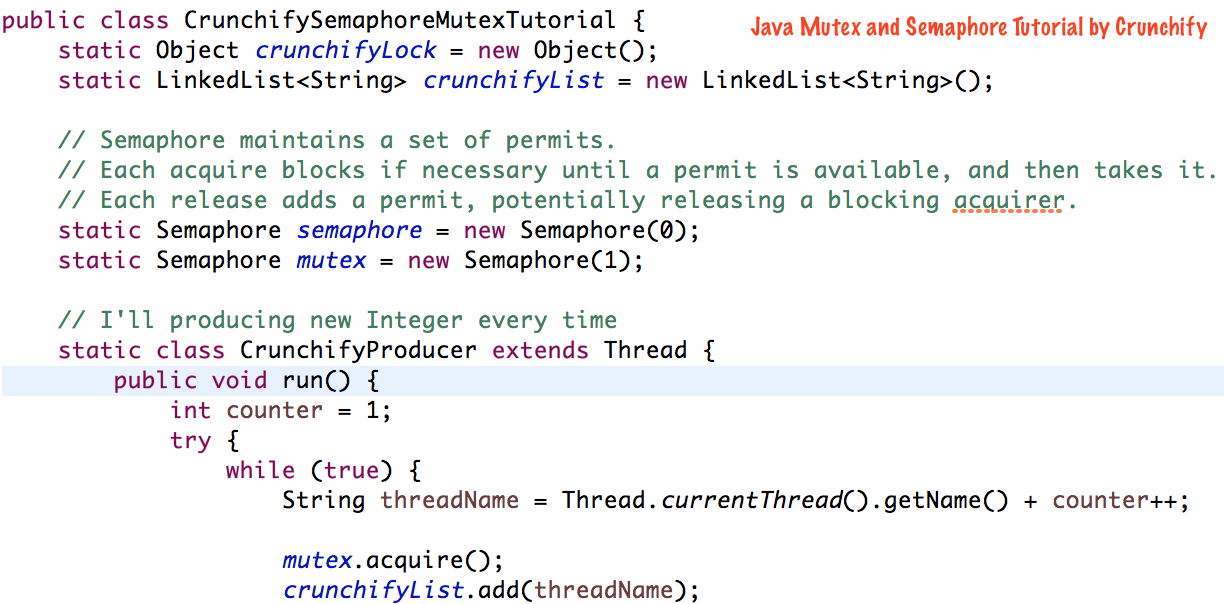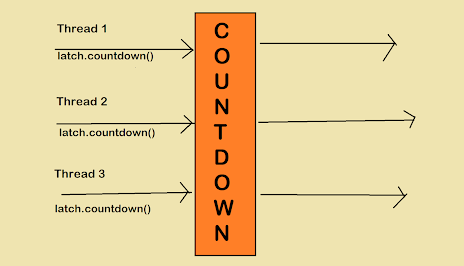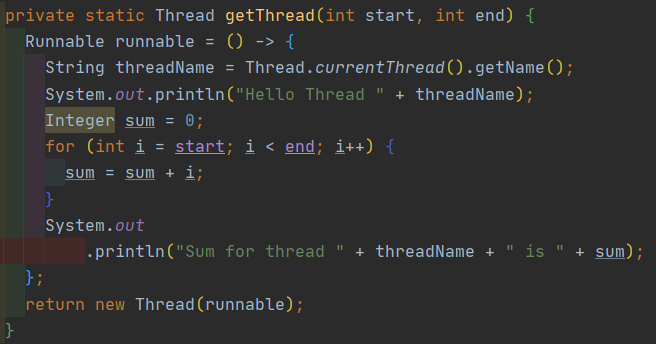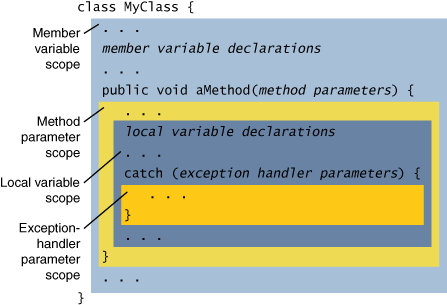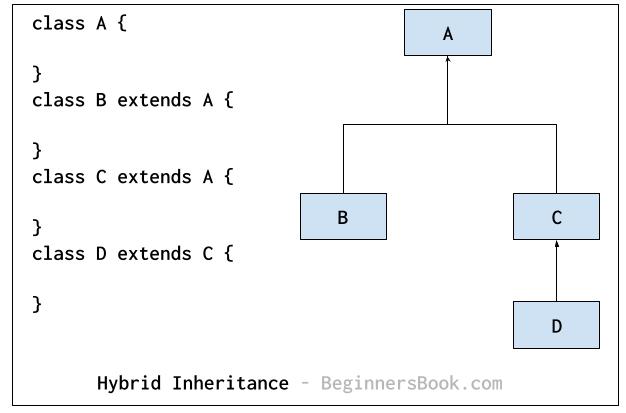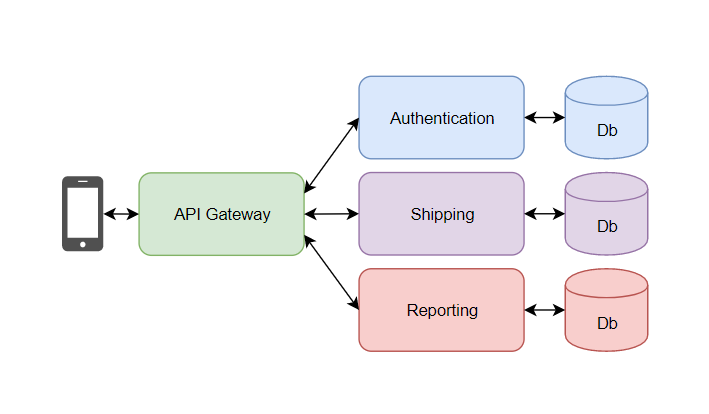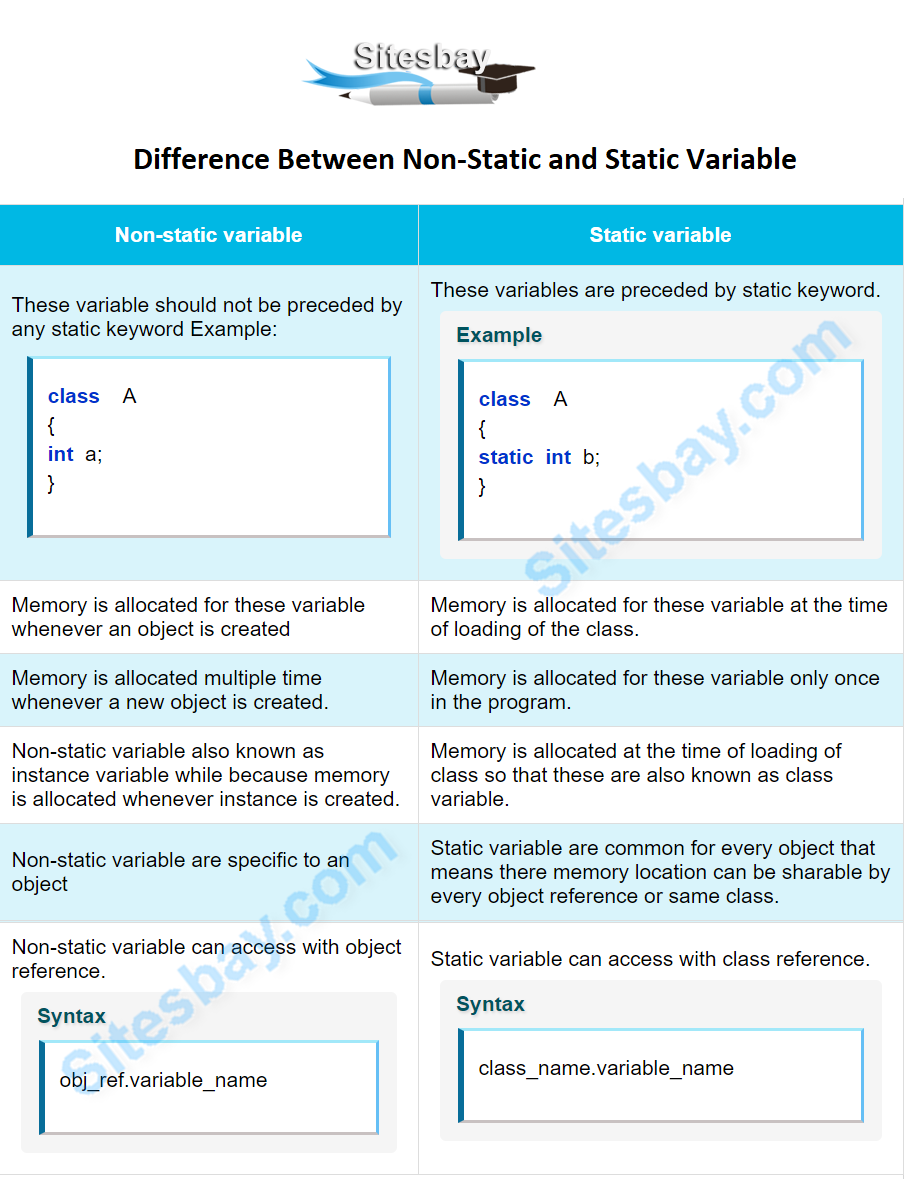What is the difference between future and Executor in Java?
What is the difference between future and Executor in Java?
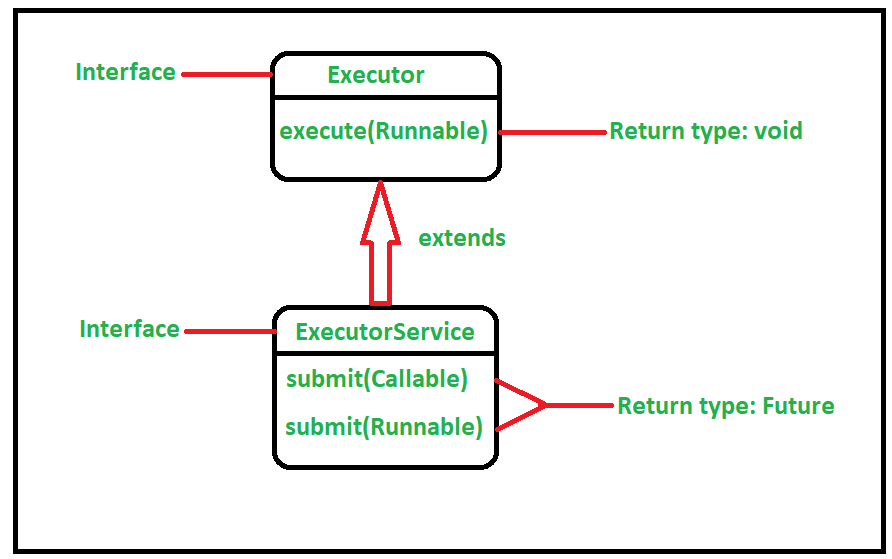
I'd be happy to explain the difference between Future and Executor in Java!
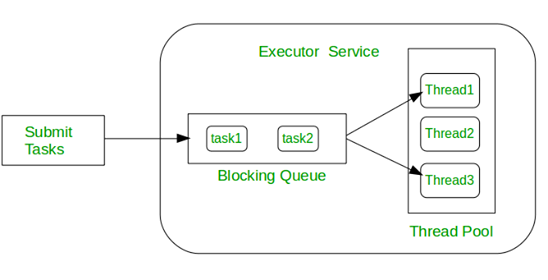
Future
In Java, a Future is an interface that represents the result of an asynchronous computation. It's part of the Java Util Concurrency (JSR-166) API, which provides support for concurrent programming. A Future is essentially a placeholder object that holds the result of a long-running operation, such as a network request or a database query.

A Future can be in one of three states:
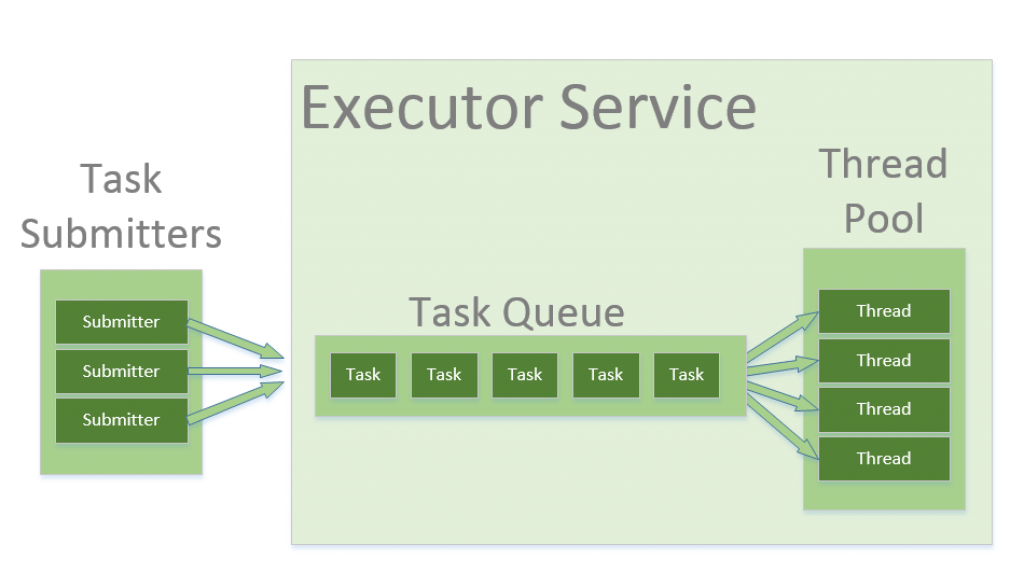
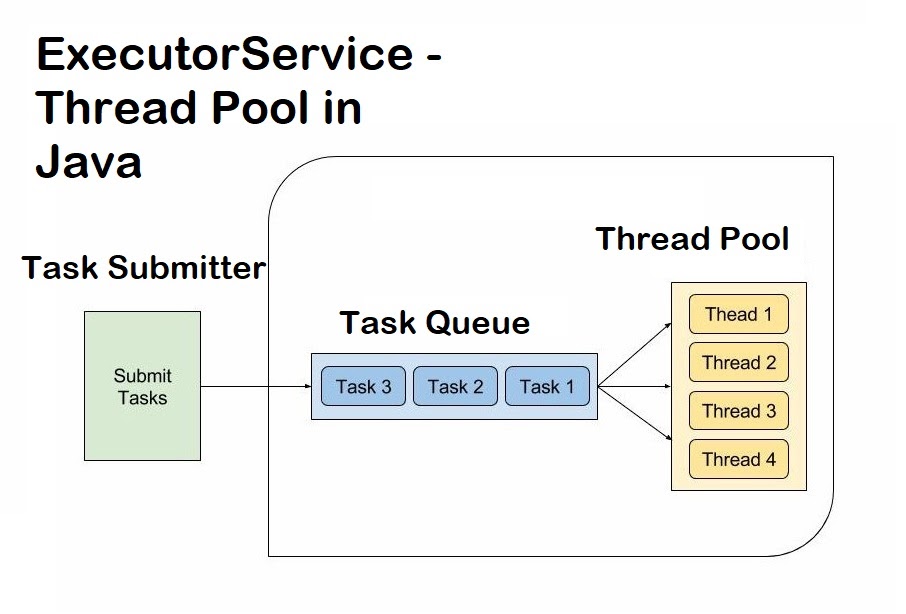
The key benefits of using Future objects are:
Executor
An Executor is an interface that manages a pool of threads or threads. It's also part of the Java Util Concurrency API. An Executor provides a way to execute tasks (e.g., runnables) in parallel, without blocking the calling thread.
An Executor can be thought of as a manager that takes care of:
The main benefits of using an Executor are:
Key differences
Purpose: AFuture represents the result of a computation, while an Executor manages threads for executing tasks. State: A Future is in one of three states (NEW, DONE, or CANCELED), whereas an Executor has no defined states. Action: You can use a Future to retrieve the result of a computation, while you submit tasks to an Executor for execution.
To illustrate the difference, consider a simple example:
Suppose you're building a web crawler that needs to fetch multiple web pages concurrently. In this case:
You would create aFuture for each webpage and use it to retrieve the HTML content of the page. You would submit these tasks (represented as Callables) to an Executor, which would manage a pool of threads to execute them in parallel.
In summary, Futures provide a way to represent the result of long-running computations, while Executors manage threads for executing tasks. Both are essential building blocks for concurrent programming in Java!
What are executors in Java?
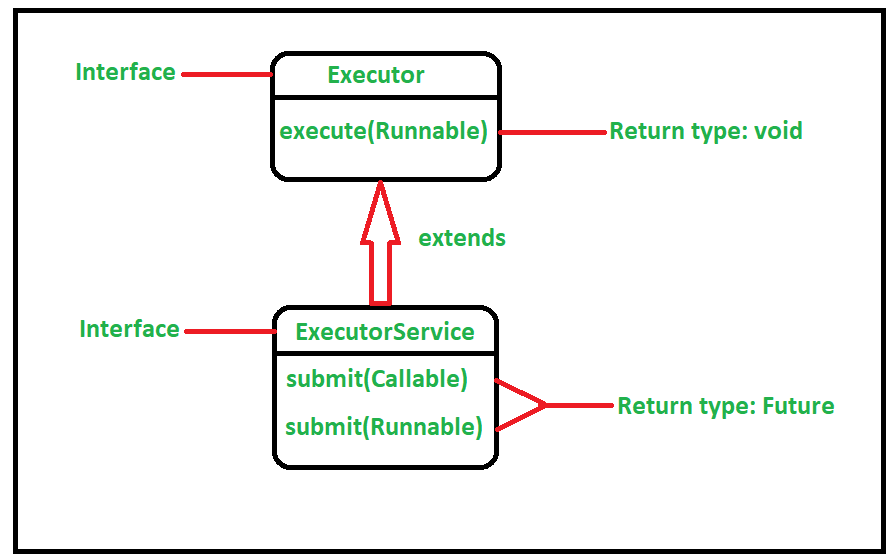
I'd be happy to explain executors in Java!
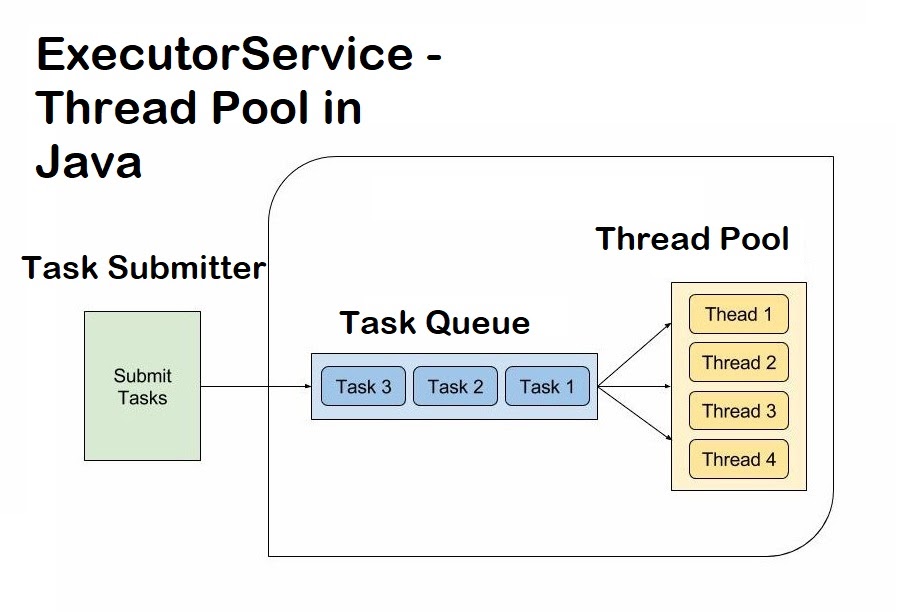
In Java, an executor is a utility class that helps manage the execution of tasks in an asynchronous manner. This concept was introduced in Java 5 (Java SE 1.5) as part of the java.util.concurrent package.
An executor is responsible for managing and executing a set of submitted tasks. These tasks can be represented by any class implementing the Runnable or Callable interface. The key features of an executor are:
execute() (for Runnables) or submit() (for Callables). This is how you queue up tasks for execution. Handling task failures: An executor will handle any exceptions thrown by the tasks. By default, failed tasks are discarded and ignored. Providing a way to interrupt tasks: You can use the shutdownNow() method to immediately interrupt all actively executing tasks.
Java provides several types of executors:
Single-Threaded Executor: This is the simplest form of executor. It executes tasks one at a time, on a single thread. Fixed-Thread Pool Executor: This type of executor maintains a pool of threads, allowing multiple tasks to be executed concurrently within the bounds of available CPU resources. Cached Thread Pool Executor: Similar to the fixed-thread pool executor, but it has better performance because it caches threads that are idle for long periods.When to use executors:
Asynchronous programming: If you want to perform computationally expensive operations without blocking the main program flow, consider using an executor. Handling tasks concurrently: Executors help you execute multiple tasks simultaneously, which is useful when dealing with I/O-bound or CPU-bound operations that can be executed in parallel. Decoupling dependencies: By separating task execution from your application's main logic, executors can help decouple dependencies between different parts of your codebase.Some notable benefits of using executors:
Improved responsiveness: Tasks are executed asynchronously, which means your program remains responsive to user input and other tasks. Better performance: By executing tasks concurrently, you can take advantage of multi-core processors for improved throughput. Easier parallelization: With executors, you can simplify the process of parallelizing operations across multiple threads or CPU cores.In summary, Java executors provide a powerful toolset for managing and executing tasks in an asynchronous manner, helping to improve responsiveness, performance, and scalability in your applications.
